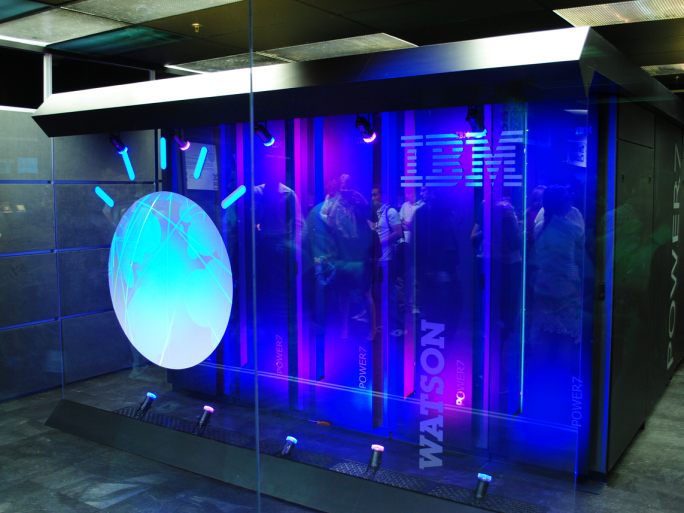Banks Use IBM Watson To Catch Rogue Traders

IBM is also developing anti-money-laundering tools and services to aid banking compliance
IBM’s Watson technology is being used to catch rogue traders at large financial organisations, according to the company’s senior vice president of industry platforms Bridget van Kralingen.
Watson Financial Services is currently being piloted with a few of IBM’s financial clients in the form of a surveillance tool that aims to catch mischievous traders by looking for patterns in chats, emails and analysing numerical trading data.
IBM is hoping the tool will help it gain a slice of the potentially lucrative financial services industry by helping banks identify possible cases of insider trading or market manipulation.
Watson in banking
“I think about it like a detective that can do problem solving, rather than just a search. And that is the difference that many risk and compliance officers are desperate for,” said Van Kralingen, adding that Watson is more adept at identifying patterns than other technologies in the market.
But IBM isn’t stopping there. It’s also looking to expand into anti-money-laundering with a tool that identifies suspicious transactions and generates fewer “false positives” than its competitors.
This would mean banks won’t have to spend as much time investigating innocuous alerts, with more time going towards identifying and topping legitimate money-laundering activities.
Big Blue is also looking to help banks comply with regulations and is developing several other capabilities for Watson in this area.
For example, one service in the works identifies obligations companies might face by analysing regulatory text to access whether compliance is sufficient, while another assists banks in spotting suspicious customers or transactions.
IBM’s foray into financial services is all part of an effort to increase Watson’s expertise in specific industries, as it has done in multiple areas in recent times.
This month alone Watson has moved into tech support with an intelligent helpdesk that uses cognitive capabilities to predict existing and future tech support requirements and was used during the US Masters to detect and package the most exciting golf highlights for broadcasters.
Other interesting partnerships include teaming up with BMW to research how artificial intelligence can be applied to future cars and the creation of a virtual assistant for Arthritis Research UK.
Do you know all about IBM, the founder of the IT industry? Take our quiz!